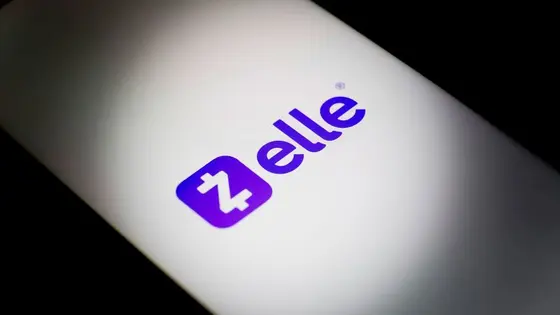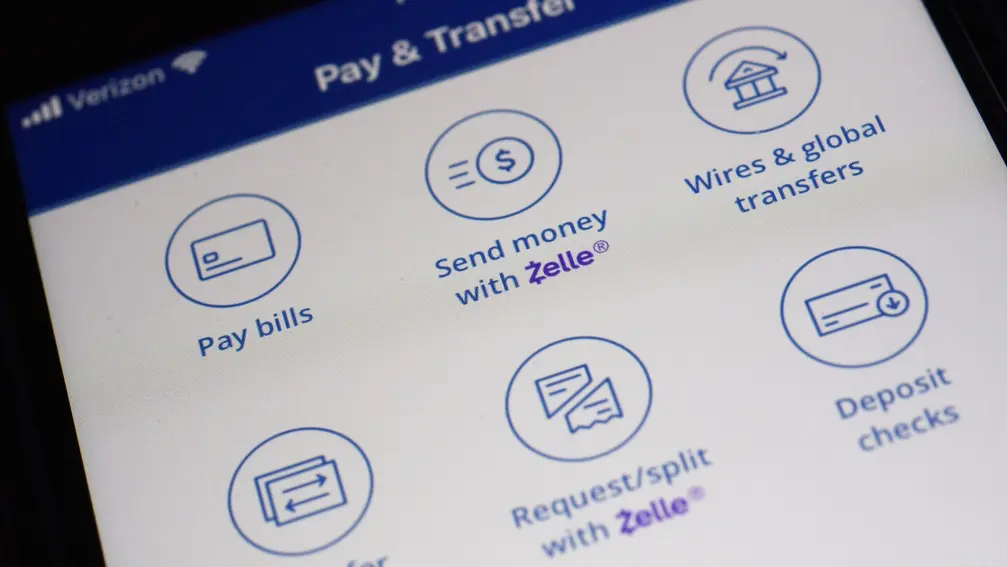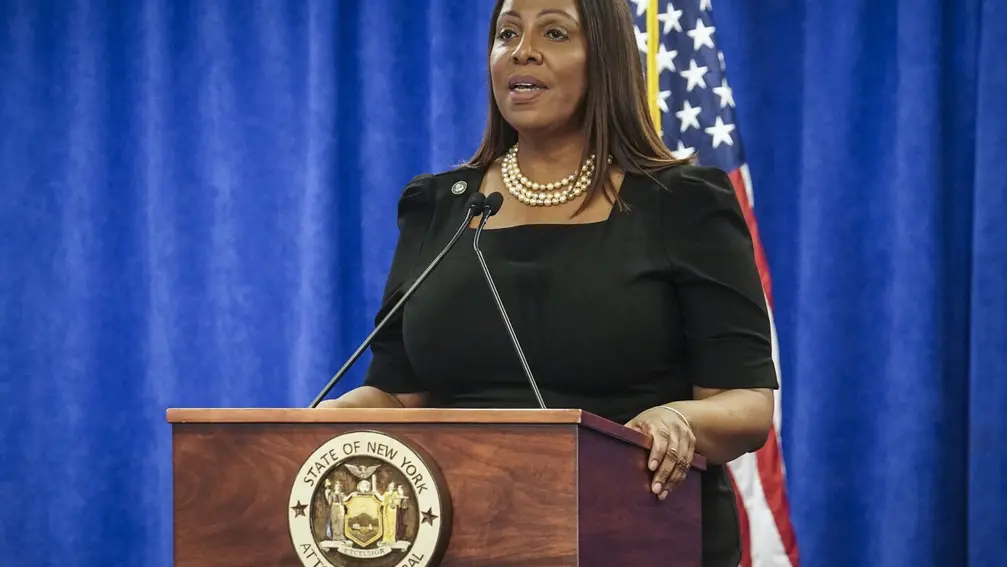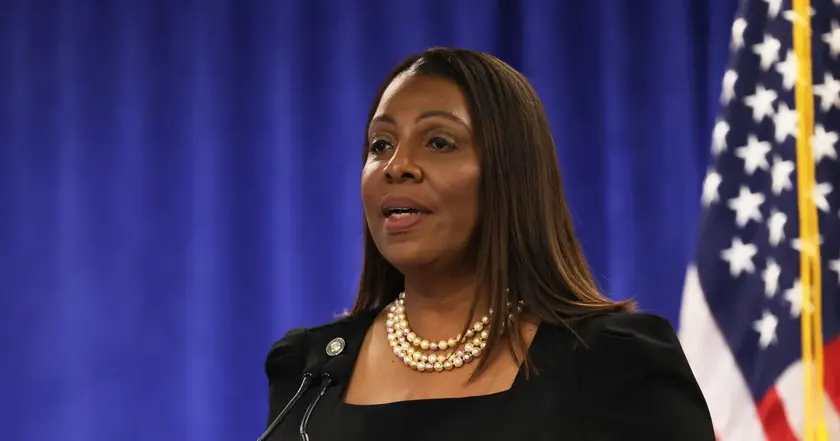T4K3.news
NY AG sues Zelle parent over fraud
New York's attorney general alleges Early Warning Services failed to prevent fraud on the Zelle network, seeking restitution and stronger safeguards.

New York AG Letitia James sues Early Warning Services, operator of Zelle, alleging the platform allowed massive fraud by failing to implement safety measures.
New York Sues Zelle Parent Over Fraud Failures
New York Attorney General Letitia James filed a lawsuit in the New York State Supreme Court against Early Warning Services, the operator of Zelle, accusing the company of failing to protect users from widespread fraud. The suit says EWS knew that Zelle’s design made fraud possible but did not introduce safety features, leading to more than a billion dollars in losses. EWS is owned by a group of major banks, including JPMorgan Chase, Bank of America, Capital One, and Wells Fargo. The filing follows a Consumer Financial Protection Bureau case against some of Zelle’s backers that was dropped earlier this year, part of a broader enforcement pullback.
The AG’s complaint argues that in a rush to sign up customers, Zelle skipped verification steps, letting scammers pose as businesses and government entities to trick users into sending funds. It notes that transfers are irreversible, which limited victims’ options for recovery. A concrete example describes a New York user who sent nearly $1,500 to a fraudulent account named Con Edison Billing after a scam alert. The suit alleges that EWS and its partner banks knew about the fraud problem for years but failed to take meaningful steps to fix it, and that the network did not require banks to reimburse some scam losses.
The filing asserts that EWS began implementing basic safeguards only in 2023, after fraud controls were proposed for years, and that this late action significantly reduced fraud on the platform. Zelle has said the lawsuit is a political stunt and claimed that more than 99.95 percent of transactions occur without any scam or fraud, arguing the AG should instead focus on stopping criminal activity and upholding the law. The NY AG seeks restitution, damages for affected New Yorkers, and a court order mandating stronger anti-fraud measures.
Key Takeaways
"No one should be left to fend for themselves after falling victim to a scam"
statement from Letitia James on pursuing justice for victims
"This is nothing more than a copycat of the CFPB lawsuit"
Zelle spokesperson responding to the NY AG lawsuit
"The Attorney General should focus on the hard facts"
Zelle spokesperson challenging the AG’s case
"More than 99.95 percent of all Zelle transactions are completed without any report of scam or fraud"
Zelle spokesman citing safety statistics
The case spotlights a tension at the heart of modern finance: rapid growth and convenience versus robust safeguards. When a payments network expands to hundreds of millions of users, the legitimate goal is efficiency, but regulators worry about cost-cutting that comes at user expense. The dispute also reflects shifting enforcement dynamics in Washington and a rebalance of accountability for digital payment networks. If successful, the suit could push stronger verification, faster fraud reporting, and clearer banking responsibility for consumer losses. If the banks resist, the case could become a proxy battle over how much risk traditional lenders shoulder in a fast moving fintech ecosystem.
Highlights
- Justice for New Yorkers harmed by Zelle security failures
- Fraud thrives when verification is weak and transfers are final
- Accountability in payments can no longer be optional
- Safety must be built in not bought after the fact
Fraud and regulatory risk in fintech payments
The suit involves high stakes for consumer protection and financial institutions, with potential political backlash and significant financial implications.
The outcome could redefine responsibility for consumer protection in digital payments.
Enjoyed this? Let your friends know!
Related News

New York Sues Zelle Parent Over Fraud Protections

New York Sues Zelle Owner for Fraud Claims

New York Sues Zelle Banks Over Fraud Failures

States sue USDA over food stamp data collection

DOJ subpoenas NY AG in Trump civil rights probe

Justice Dept subpoenas NY AG Letitia James

CFPB drops several consumer protection cases

Trump sues Rupert Murdoch over Wall Street Journal article
